'Here & Now' Highlights: Anthony Chergosky, Joan Ballweg
Here's what guests on the March 24, 2023 episode said about attack ads in the Wisconsin Supreme Court campaigns and a Republican proposal to extend Medicaid coverage for new mothers.
By Frederica Freyberg | Here & Now
March 27, 2023
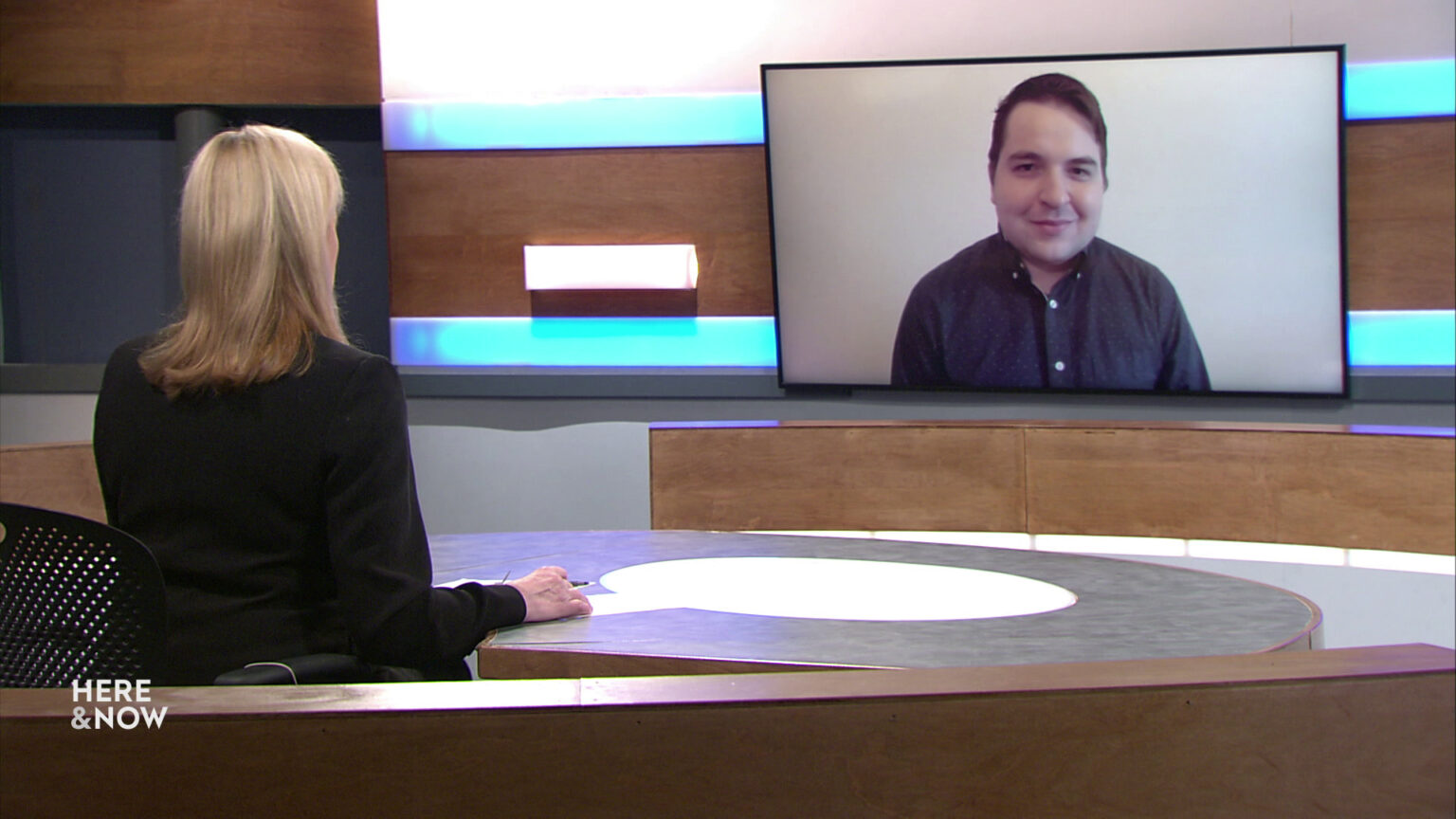
Frederica Freyberg and Anthony Chergosky (Credit: PBS Wisconsin)
The 2023 race for Wisconsin’s high court has become the most expensive Supreme Court election in United States history, and it comes with wall-to-wall attack ads from the candidates – UW-La Crosse political scientist professor Anthony Chergosky described how the historical and current day significance of a well-known advertisement in a presidential election decades ago is echoed in this contest. State Republican lawmakers have been opposed to seeking expanded Medicaid in Wisconsin, but a new bipartisan proposal from Senate Majority Caucus Vice-Chair Sen. Joan Ballweg calls for expanding the amount of time new mothers can receive BadgerCare benefits.
Anthony Chergosky
Professor, UW-La Crosse Department of Political Science and Public Administration
- The 1988 “Willie Horton ad” is credited with helping sink the presidential campaign of Massachusett Democratic Gov. Michael Dukakis as he ran against Republican Vice-President George W. Bush. The ad describes a prison furlough program in Massachusetts that released William Horton, who failed to return from a weekend pass and went on to commit more violent crimes. This 35-year-old ad is well-known for its appeal to racially tinged fears over crime. The similar production style of an ad released by Daniel Kelly against Janet Protasiewicz — minus the mug shot of a Black defendant — points to the conservative state Supreme Court candidate’s emphasis on crime in his campaign.
- Chergosky: “Because the Willie Horton ad has been extensively studied by political scientists, there’s evidence that the Willie Horton ad activated racial attitudes. In other words, when the Willie Horton ad ran in the 1988 presidential campaign, it made people start to think about race and take race into consideration in a way that wasn’t true before the ad ran. And so for that reason, the Willie Horton ad is viewed as one of the most famous or infamous ads of all time in presidential election history. … It certainly fits in with Dan Kelly’s emphasis on crime. We know that the Willie Horton ad was all about crime and trying to create the sense that if Michael Dukakis was elected, then there would be rampant crime all over the country, and it made people fearful of crime. Again, it activated those racial considerations and those racial attitudes just as it activated those feelings about crime. So to me, the big difference is the lack of a mug shot — that is the big stylistic difference between the two ads. It also just fits in with this broader theme on crime. We know that Dan Kelly wants to advance the narrative that Janet Protasiewicz is weak on crime, and so he hearkens back to this classic ad that really made people think about crime in a very intense way.”
State Sen. Joan Ballweg
(R) Markesan
- A Republican bill with bipartisan support in the Wisconsin Legislature would expand Medicaid coverage under the state’s BadgerCare program from two months to a full year for postpartum mothers. Here & Now series producer Marisa Wojcik interviewed Republican state Sen. Joan Ballweg, the bill’s author, about the goals of this proposal.
- Ballweg: “I think the number one thing I try to point out is that we are pro-life. We do see that we want to support new families and encourage folks that want to build their families. How do we do that in a productive way – be able to help those folks that are a little bit lower in the economic strata to provide them with some help that they can grow their families, grow their financial support moving forward. So this is a good thing overall for Wisconsin, for families. I just think it’s the right thing to do. … What we’ve heard from the advocates for that population of folks is that the continuity of care is something that we’re really concerned with. Many times through pregnancy there are health conditions that individuals may see are exacerbated during their pregnancy. And so we want to continue to have those folks monitored — those changes don’t necessarily go away after 60 days, which is what current state law is. Also, there are some things that can come up a little bit later that are never usually in the first 60 days, such as depression issues, which many times aren’t popping up until either three to six months later. The other thing we want to make sure is this youngster is getting off to a good start because they’re being covered by that first year. So we don’t want new mothers to have the stress of having to figure out how to continue their care if they are no longer covered. It just causes additional stress for that care. We want to have new moms in their first year to be the best possible parents and be able to focus on that little person.”
Watch new episodes of Here & Now at 7:30 p.m. on Fridays.
 Passport
Passport





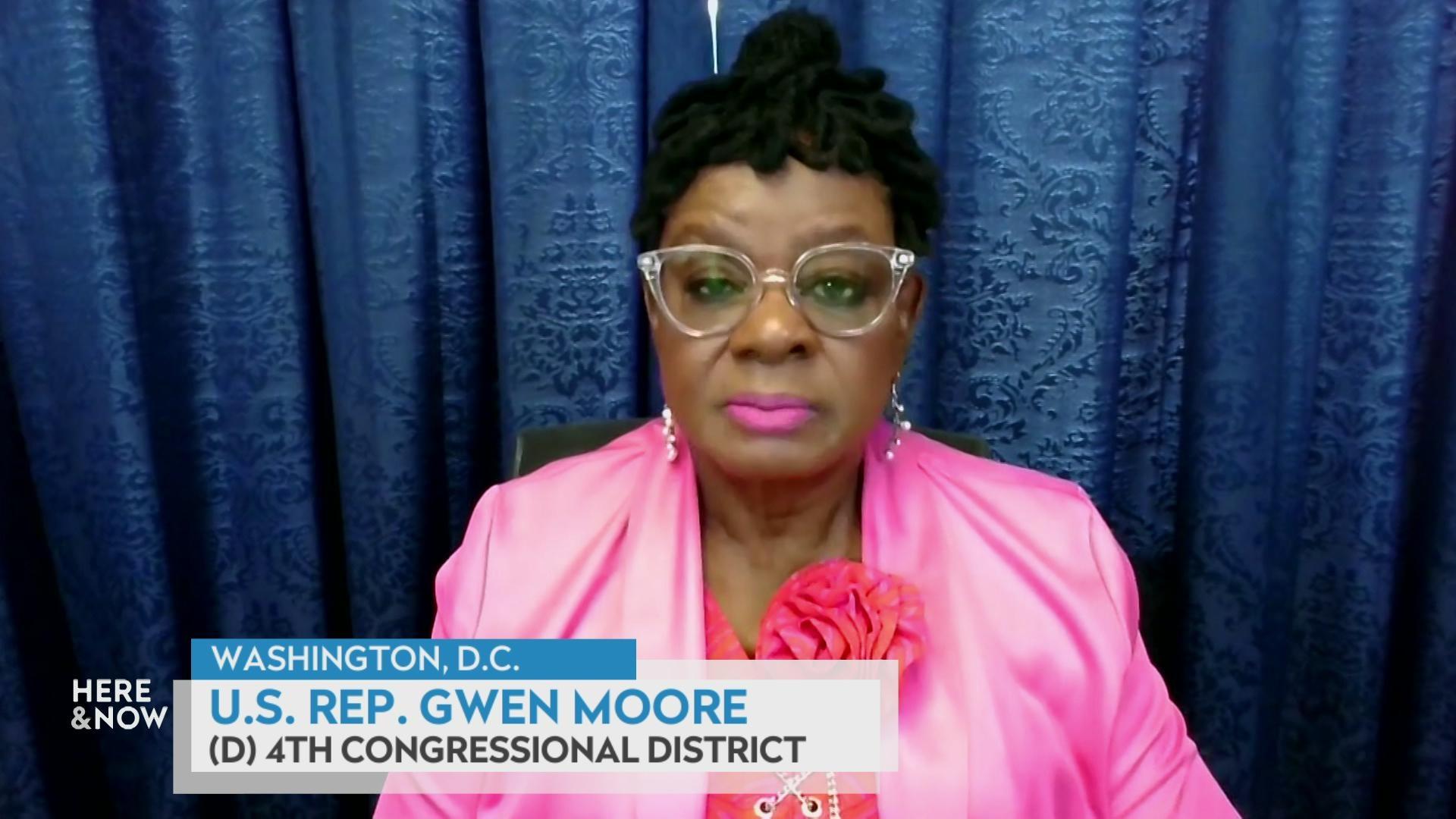
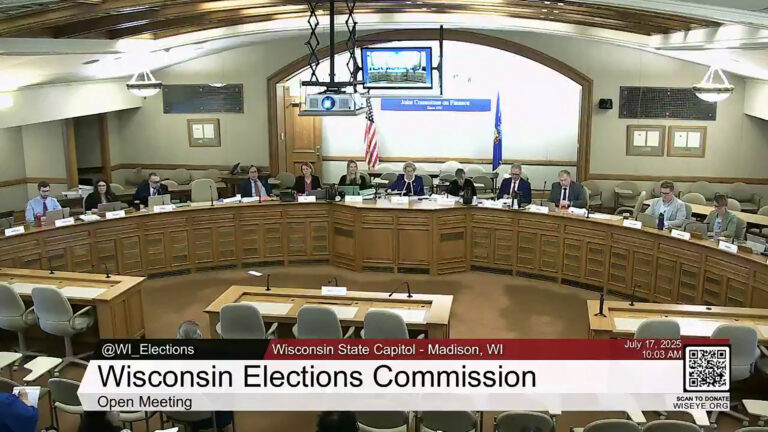
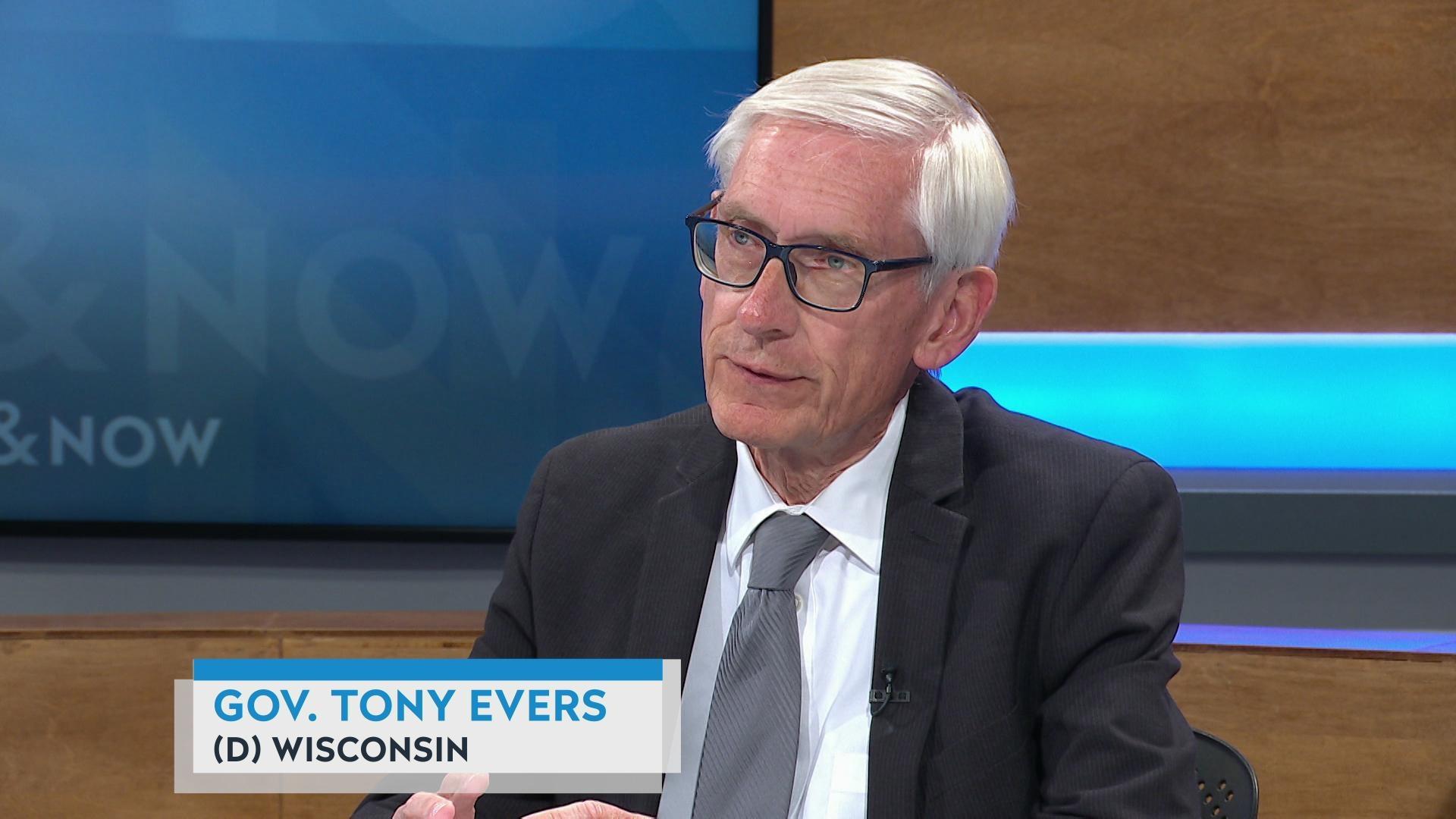
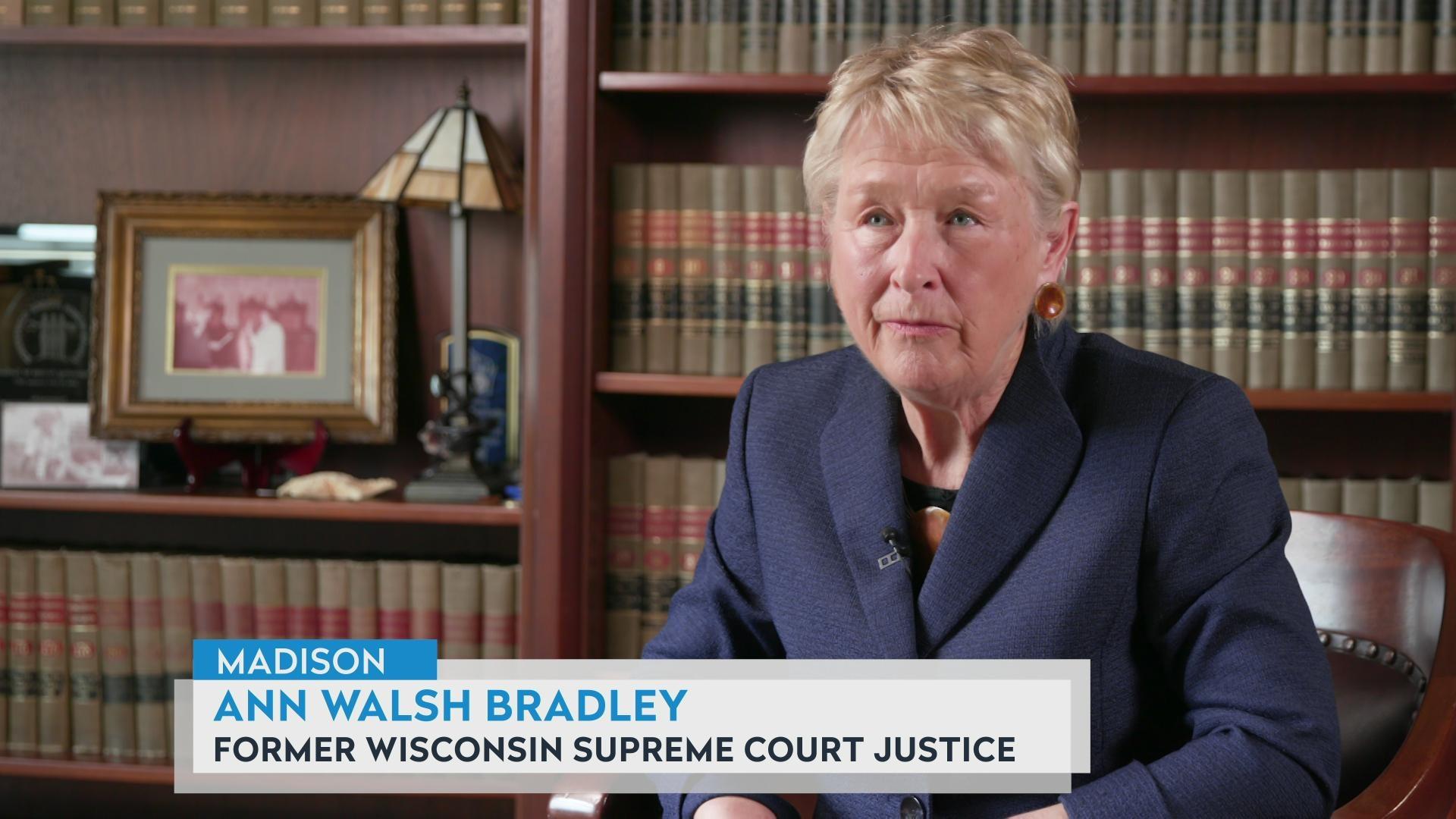


Follow Us